
How to renovate a lawn?
Our tips for successful replanting!
Contents
Trampling, drought and repeated mowing have taken their toll on your beautiful green short grass meadow? Over the years, your short grass meadow deteriorates and thins out, leaving unsightly bare patches. It’s time to give your damaged short grass meadow a quick refresh so it regains its former appearance. The solution? A sowing to overseed allows you to renovate a damaged short grass meadow quickly and easily. Discover when and how to overseed your thinning short grass meadow!
When to overseed your short grass meadow?
Mild temperatures (above 10°C) and regular rains are the keys to successful sowing of your lawn: lack of water can compromise shoots. Ideally, it is better to sow lawn in early autumn when rains are more abundant, which will give herb time to root well before winter. Overseeding is also possible in spring between March and May but watering will need to be regular to ensure your sowings establish well.
→ Read also: How to care for your lawn in autumn?
Read also
When and how to sow a lawn?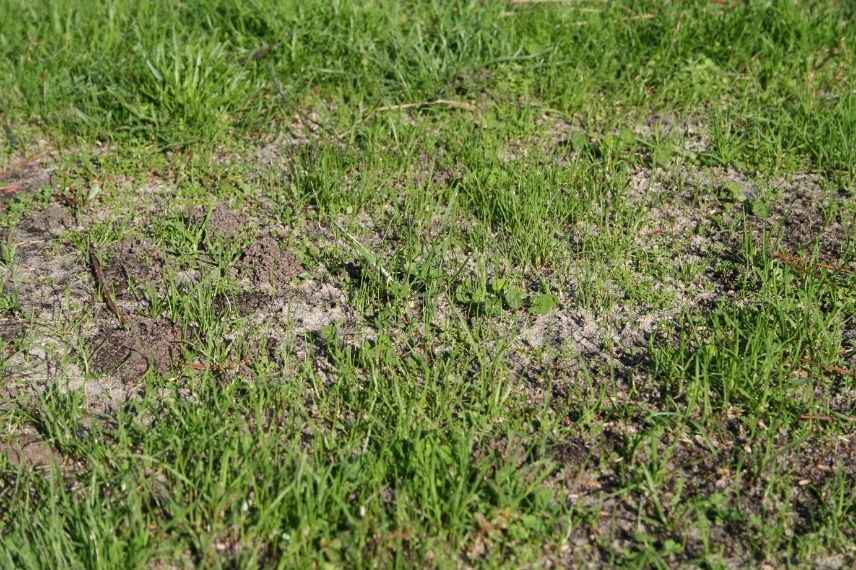
Discover other Lawn
View all →Available in 2 sizes
Available in 1 sizes
Available in 3 sizes
Available in 1 sizes
Available in 2 sizes
Available in 1 sizes
Available in 2 sizes
Available in 1 sizes
Available in 3 sizes
Available in 1 sizes
Choose a suitable lawn
To repair areas where herb is missing, use an overseeding mix specially designed to fill bare areas of short grass meadow: compound of pelleted seeds that protect them from being eaten by birds, providing more reliable germination and faster emergence. Otherwise, re-use same mix previously sown to avoid vegetation differences after regrowth. Allow about 40 to 50 g of lawn seeds per m².
How to restore a damaged short grass meadow?
To restore the short grass meadow, proceed as follows :
- Mow — you will more easily spot damaged areas — then, if the area to repair is large, use the scarifier to remove moss and thatch
- Rake the areas to be sown with a hand fork or a rake to loosen compacted surface soil
- Remove stones, roots and other weeds from the soil
- Using a rake, level the soil surface and refine the soil
- Sow seeds by hand, distributing them in a homogeneous way over the sowing area
- Bury seeds in the soil with the hand fork or rake
- Optionally cover your sowings with a little sand or soil
- Firm seeds into the soil with a board, or use a roller for large areas
- Water with a very fine spray so as not to displace seeds, then regularly, especially in dry weather, until seedlings emerge, which takes around 3 weeks
- Wait until blades of herb reach about 15 cm before carrying out the first mow.
To learn more
Discover our other tips :
- When and how to sow a lawn?
- Topdressing a lawn
- Lawn: essential tools for upkeep
- Having a beautiful lawn: 10 questions/answers
- How to choose the right lawn mower?
- Robot mower: for or against?
- Manual scarifier
Also read :
- Replacing the lawn: ideas and solutions
- Alternatives to lawn: 10 groundcovers to replace short grass meadow
- Mower breakdown: benefits of letting herb grow
- 5 good reasons to adopt a manual mower
- Subscribe!
- Contents
































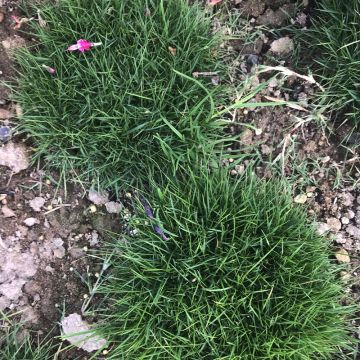
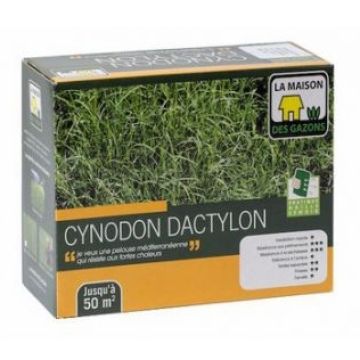
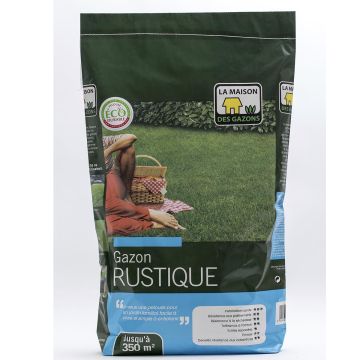
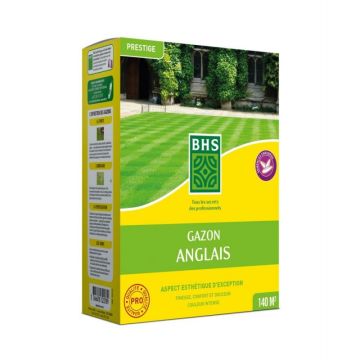
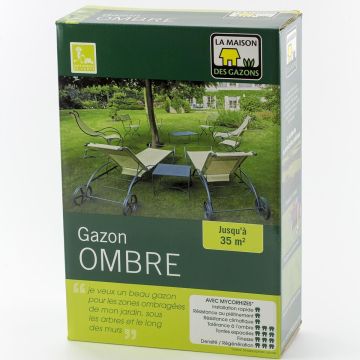
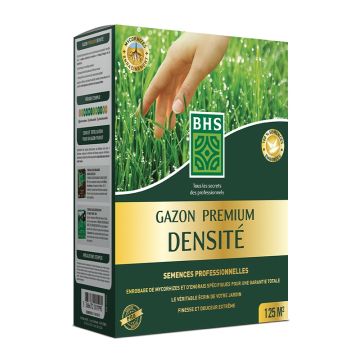
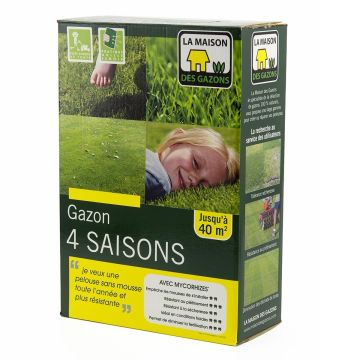
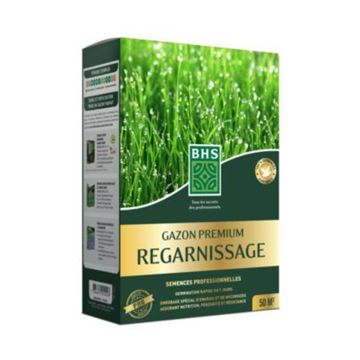
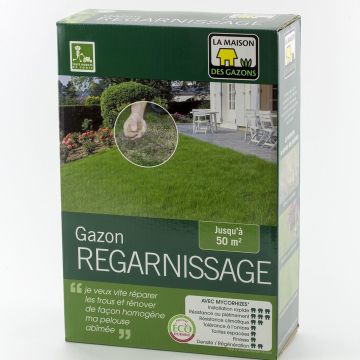
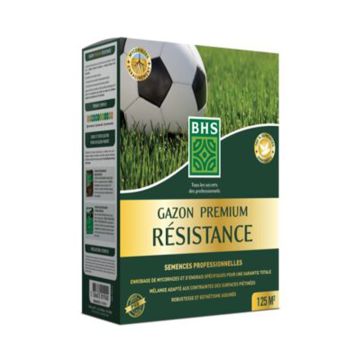
Comments